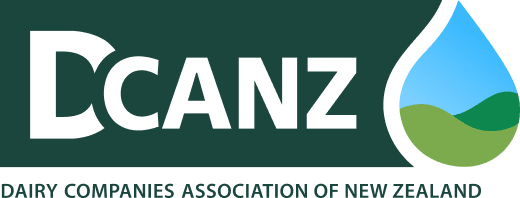New moves by the European Commission to grant exclusive use of the term ‘halloumi’ to cheesemakers from Cyprus are raising concerns among the New Zealand cheesemaking community.
“Halloumi is a popular cheese for New Zealand consumers, with a thriving and innovative community of New Zealand cheesemakers delivering this delicious product to New Zealand tables” says Neil Willman, President of the Specialist Cheesemakers Association.
“We are concerned at Europe’s continuing campaign to restrict the use of common names in international cheesemaking, at the expense of producers outside of Europe.”
New Zealand’s cheesemaking community is concerned that the European Union is continuing to protect cheese terms that are generic and in common use around the world.
“This erodes the heritage and evolution of food production in places like New Zealand where cheeses such as feta, gruyere, havarti and halloumi are commonly consumed and considered generic” says Willman.
The EU is using an intellectual property rights system, called ‘Geographical Indications’ (GIs) to limit the use of food names to European producer groups, arguing the food’s characteristics are unique to where and how it has been produced.
The move to register halloumi follows quickly behind the recent registrations of cheeses like havarti, despite significant global production outside of the EU. At the same time the EU is requesting changes to New Zealand’s regulatory settings to adopt a sweeping new intellectual property framework to protect its GIs through the ongoing EU-NZ FTA negotiations.
A recent decision in the European Courts that extends GIs protection to include food characteristics such as textures and colours suggests the EU has an even bigger agenda.
“What next? If European producers have their way, we won’t be able to produce “squeaky” or “white” cheese anymore. The effect on cheese making in New Zealand would be chilling.”
The EU has requested protection under the regime for 2,200 food, wines and spirits names including well known cheeses such as feta, gruyere and gorgonzola and is seeking provision for additional terms to be protected in the future.
Dairy Companies Association of New Zealand (DCANZ) Executive Director Kimberly Crewther says an EU clawback and monopolisation of generic cheese names will limit both domestic cheese production and opportunities to further grow the value of New Zealand’s $2 billion cheese exports.
Cheese markets, particularly in Asia, are rapidly evolving and influenced by food fashion. This means significant potential for exports of commonly known but currently less produced cheeses to grow over time. The EU GIs agenda aims to limit the flexibility for New Zealand cheese exporters to participate in these new opportunities.
“Maintaining maximum flexibility in terms of products and markets is important to the New Zealand dairy industry. The opportunity costs of narrowing trade options are always high.” says Crewther.
DCANZ is also expressing concern about the lack of balance between what Europe is asking of New Zealand and what it is prepared to put on the table itself. In 2020 reports suggested that the EU’s market access offer to New Zealand equated to just 0.02% its nearly nine million tonne cheese market. That would maintain an extreme level of market access protection despite the trade liberalising objectives set for the negotiation.
As the global economy is navigating its post COVID-19 recovery, Crewther says the focus from major players in global trade like the EU should be on realising the Sustainable Development Goals implementing action of removing barriers and distortions from world agricultural markets.
“EU dairy producers enjoy the among the highest levels of trade-distorting subsidies and protections in the world, and instead, rather than liberalising, the EU is seeking to create more”.

